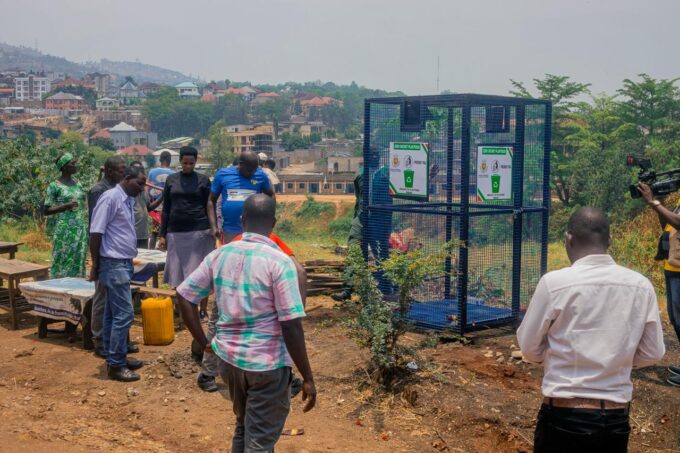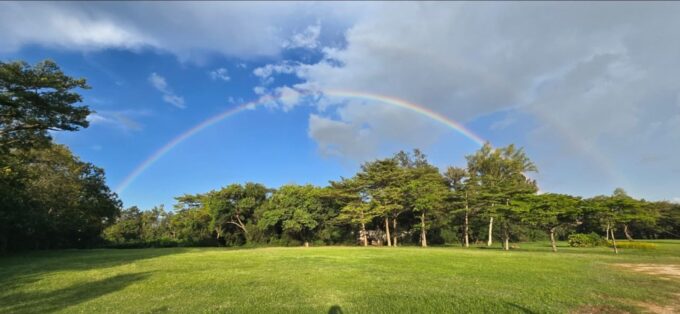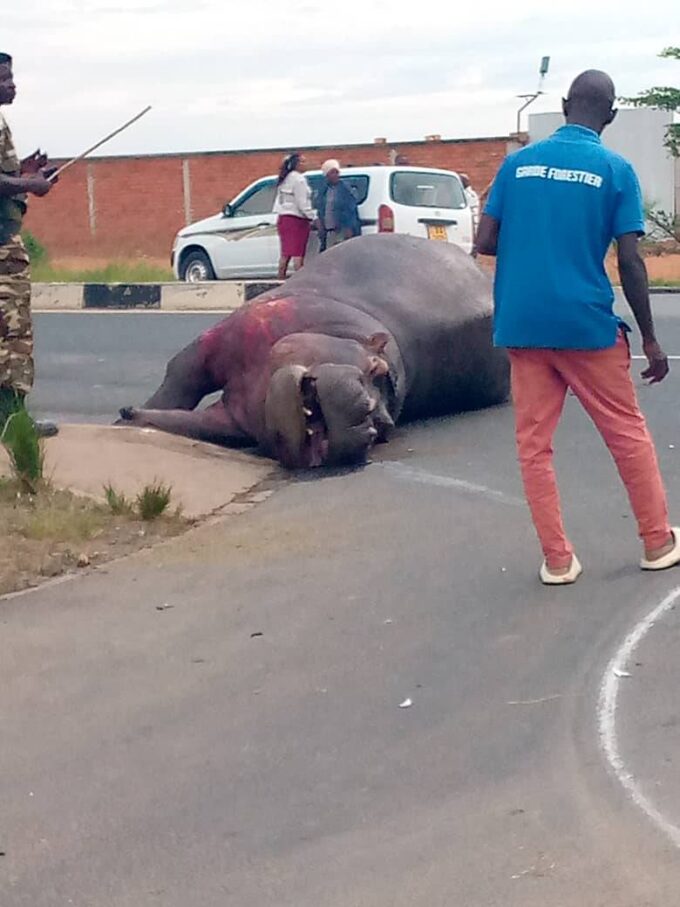Environmental experts in Burundi are sounding the alarm over the mounting threat of land extinction due to widespread deforestation. This warning was issued during a critical panel discussion held on Tuesday in Bujumbura, focusing on the challenges and prospects for forest rehabilitation in the East African nation.
The forum, titled “Forest Rehabilitation: Challenges and Prospects for Burundi”, brought together environmental specialists to address pressing concerns about land scarcity, biodiversity, and the financing of environmental projects. Amid these challenges, agroforestry emerged as a key strategy to mitigate land loss.
Professor Bernadette Habonimana, an agroforestry and forestry lecturer at the University of Burundi, advocated for increased efforts in agroforestry, which integrates trees with crops. She emphasized that this approach could help address Burundi’s dual challenges of energy and food security. “Agroforestry is an essential tool for conserving land, which is increasingly limited due to population growth and deforestation practices,” she said.
According to data from Global Forest Watch (GFW), Burundi has experienced significant tree cover loss in recent decades. Between 2001 and 2022, three regions in the country accounted for 56% of total tree cover loss. The region of Bururi suffered the most significant loss, losing nearly 8,000 hectares, while Bujumbura Rural ranked third with 5,320 hectares lost.
Human activity has long contributed to the degradation of Burundi’s forests. Didier Mbarushimana, a researcher at the Office for Environmental Protection (OBPE), highlighted that unprotected forests are nearing extinction. “As the population grows, forests disappear, and the land they occupy shrinks due to housing construction and agriculture,” he explained.
Cleto Ndikumagenge, an expert in forestry, biodiversity, and climate change, echoed the call for agroforestry efforts and stressed the importance of afforestation in combating desertification. “We must plant trees to attract rain and prevent desertification,” he warned. Ndikumagenge cautioned that without immediate action, Burundi could face a desertification crisis.
Apart from deforestation, Burundi’s forests are also under threat from bushfires. Investigations by InfoNile revealed that between 2010 and 2020, illegal wildfires consumed over 8,000 hectares of land, mostly in the northern and southwestern parts of the country. The frequency of these fires, coupled with deforestation, exacerbates the environmental crisis.
Jean Berchmans Hatungimana, general director of OBPE, noted that in 2017 and 2018 alone, between 700 and 900 hectares of land were scorched by fires. These fires not only degrade the environment but also threaten agricultural productivity.
While agroforestry has gained widespread support, experts stress the importance of reforestation in certain areas. André Nduwimana, an ecologist and professor at the University of Burundi, called for a balanced approach to land management, including properly designated areas for both agroforestry and reforestation. He also highlighted the need for a comprehensive land suitability assessment. “Was planting eucalyptus in certain areas the best choice?” he questioned, urging more thoughtful decisions in forestry practices.
Fabien Ndikumugisha, an environmental expert, emphasized the urgent need for public awareness campaigns to inform Burundians about the importance of environmental conservation. He warned that continued environmental neglect could lead to declining agricultural yields and the extinction of certain species.
Philippe Guizol, a forester and social scientist, proposed several strategies to address the crisis, including the preservation of existing forests and finding a sustainable balance between population growth and environmental management. He also called for harmonizing conservation efforts with the needs of biodiversity and agriculture.
The Burundian government has expressed a long-standing commitment to environmental conservation. Since 1979, the country has made significant strides in tree planting, notably through its National Tree Day celebrations. According to the Ministry of Environment, forests and savannas have been fully protected, though the government aims to increase the tree cover from 8% to 30% of the country’s surface area by 2030.
In 2018, Burundi launched the “Ewe Burundi Urambaye” project, a national tree-planting initiative aimed at combating environmental degradation. Supported by the Burundian military, the project has seen the planting of 150 million trees across 50,000 hectares of land. Prime Minister Alain Guillaume Bunyoni, during the launch, stressed the importance of sustainable environmental management to protect the country’s infrastructure from the risks posed by soil erosion and flooding.
As Burundi faces the ongoing challenges of deforestation, desertification, and environmental degradation, experts agree that comprehensive strategies, including agroforestry, reforestation, and public awareness campaigns, are essential for safeguarding the country’s future. “Without forests, there is no life,” said Bazombaza, a government official, emphasizing the vital role trees play in maintaining water sources and preventing soil erosion.








Leave a comment